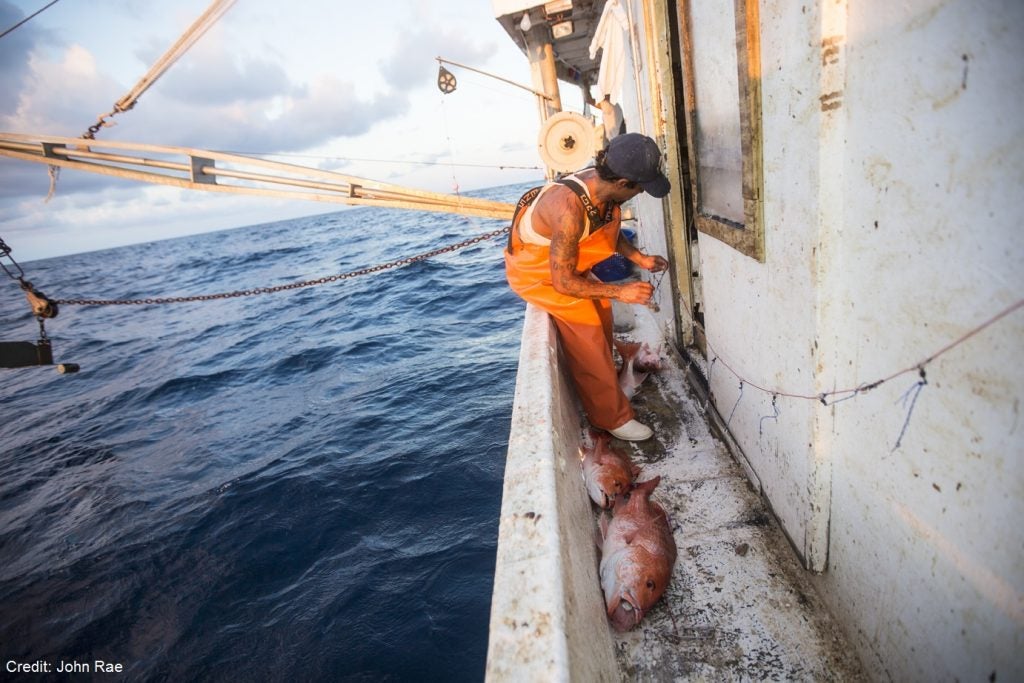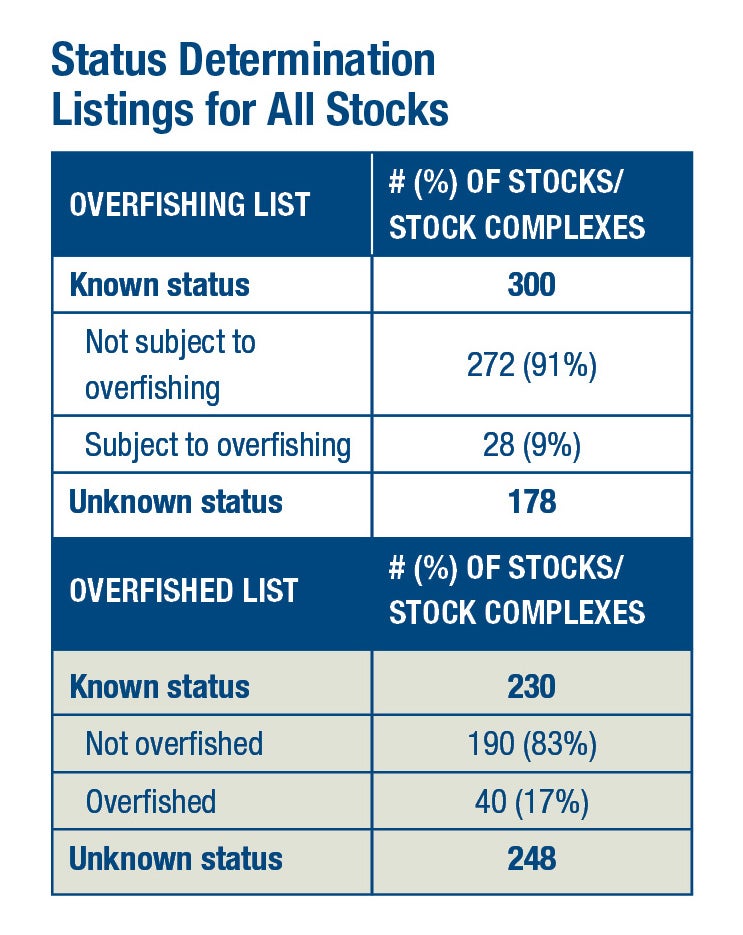
Jeremy Sterk / istockphoto
Environmental Defense Fund (EDF) is proud to sponsor a panel this week at the annual meeting of the American Fisheries Society (AFS) – the nation’s preeminent organization advancing fisheries science – that examines the role of science in federal fisheries management. Ten years ago, Congress gave science a stronger role in fisheries management. Today, overfishing has dropped significantly in U.S. waters and we have seen a number of fish stocks successfully rebuilt. Coincidence? Unlikely.
This week’s panel will examine what part the strong scientific provisions of the law have played in rebuilding fisheries, new scientific innovations needed to address remaining challenges, and whether any additional changes to the law could further strengthen management success. Read More










 A recently-filed bill with the upbeat title “The Modernizing Recreational Fisheries Management Act,” H.R. 2023, would unfortunately do just the opposite. By gutting one of the most important improvements of modern fisheries law, we believe that this bill would move us backwards to a time of widespread overfishing.
A recently-filed bill with the upbeat title “The Modernizing Recreational Fisheries Management Act,” H.R. 2023, would unfortunately do just the opposite. By gutting one of the most important improvements of modern fisheries law, we believe that this bill would move us backwards to a time of widespread overfishing. 


